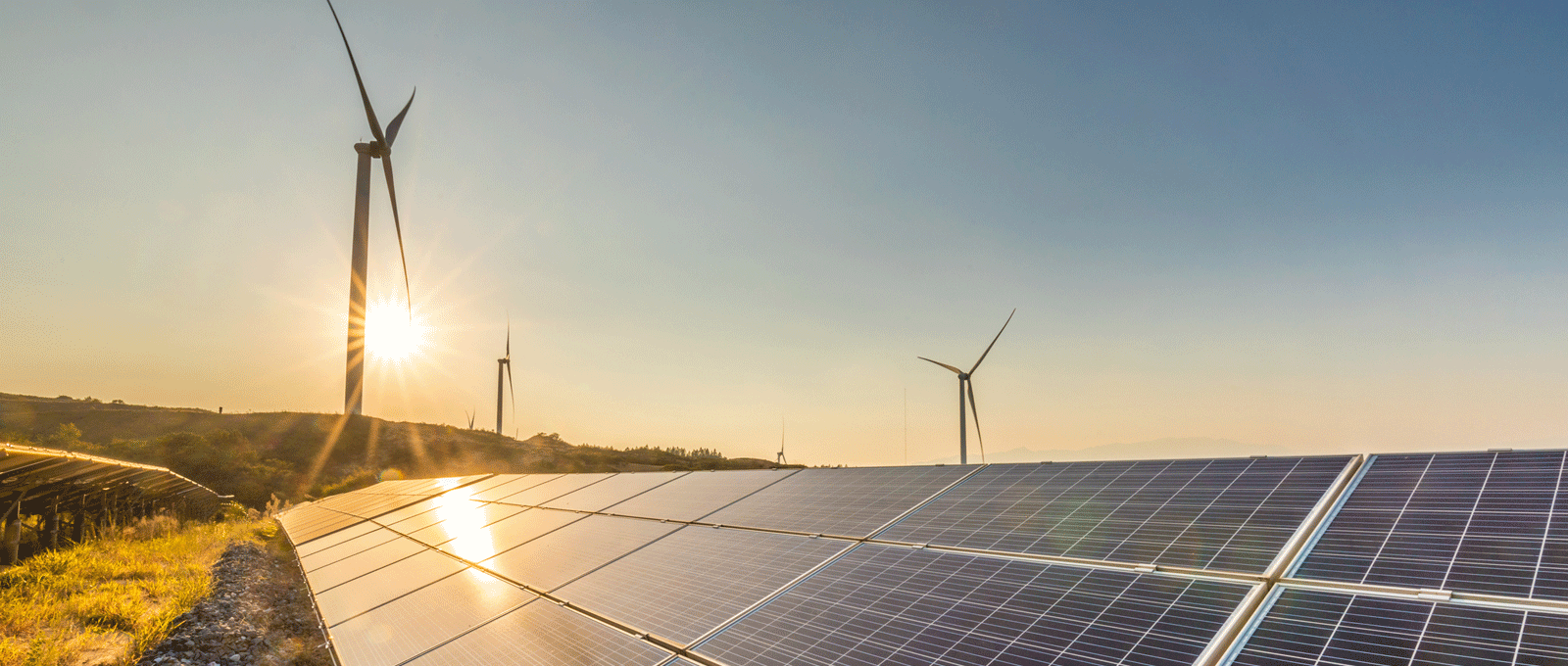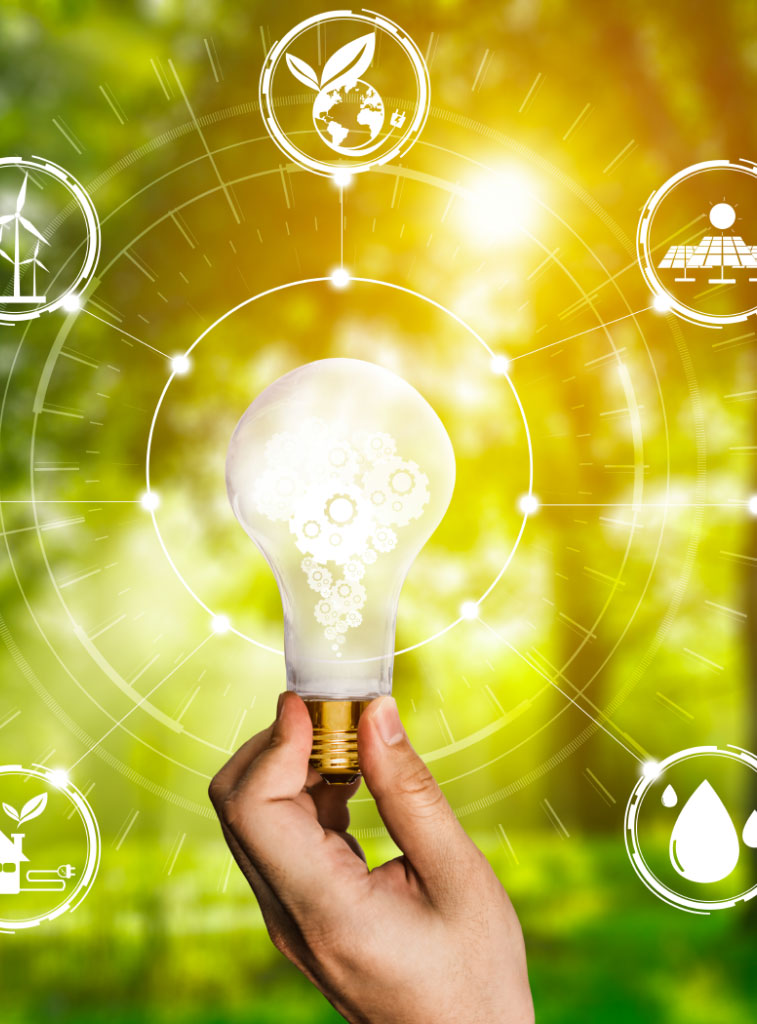A shift to renewable energy – hydroelectric, wind, solar – is one of the most viable options for curbing the climate crisis. Blessed with mountains, rivers, plains and sunshine, the Western Balkan region has huge potential for developing green energy.

Yet, the region is still heavily dependent on ageing coal-fired power plants and suffers from high levels of air pollution.
The EU has long been contributing to the clean energy transition in the Western Balkans. Increasing the share of renewables and stepping up energy efficiency brings benefits for health and the environment, while also creating jobs and economic growth.
In the Western Balkans, coal provides around 70% of the region’s electricity. Albania, with strongly developed hydropower, is a notable exception. As coal emits significant levels of pollutants, air quality across the region is some of the worst in Europe.
Aggregating generation and demand over larger trading regions will make it easier to tap into large-scale renewable energy potential. This will also help to ensure a secure energy supply region-wide.


The EU has been supporting a more connected and cleaner energy market in the Western Balkans for many years. Between 2015 and 2020, the EU provided €1 billion in grants to energy and transport projects channelled through the Western Balkans Investment Framework (WBIF) – a donor investment platform that pools funds from various sources, including the European Commission.
This brought tangible results – over 650 km of gas pipelines connecting the region with neighbouring EU countries, modernised district heating networks, upgraded electricity transmission lines, and much more.
As part of WBIF, the Regional Energy Efficiency Programme supports SMEs, municipalities, households and citizens in reducing energy consumption, while contributing to regional economic growth. And the Green for Growth Fund helps businesses and households to mitigate climate change by reducing energy consumption, resource use and CO2 emissions.
The EU is also very active in supporting regulatory and policy reforms to bring the region closer to the EU internal energy market. Since 2006, the Energy Community – bringing together the EU and its neighbours – has been working to create a better climate for attracting investment in power generation and networks.
Ongoing support
But there is still some way to go. That’s why reinforced support to clean energy and energy efficiency, while ensuring security of supply, is at the heart of the EU’s Economic and Investment Plan for the Western Balkans (EIP) and the flanking Green Agenda for the Western Balkans.
This foresees extensive investment for flagship projects in areas such as transport, energy, and the green and digital transitions, in line with the ambitions of the EU Green Deal.
Renewal energy – Increasing the share of renewables such as hydro, solar and wind power in the energy mix. This will bring many benefits, not least in providing alternative sources to traditional coal, lowering emissions and reducing air pollution.
Transition from coal – Decarbonising our energy systems is critical to reach the EU’s long-term strategy of achieving carbon neutrality by 2050. This is no less true in the Western Balkans where the EU is helping countries and regions phase away from coal towards a carbon-neutral economy. The initiative Coal Regions in Transition in the Western Balkans and Ukraine is one example of this support.
Energy efficiency – As the building sector accounts for over 40% of total energy consumption in the Western Balkans, making buildings more energy efficient is key. In line with the EU Green Deal, the EU ‘renovation wave’ will extend to the Western Balkans, with assistance for private and public building renovation schemes.
Please wait while your video is being uploaded...
Don't close this window!